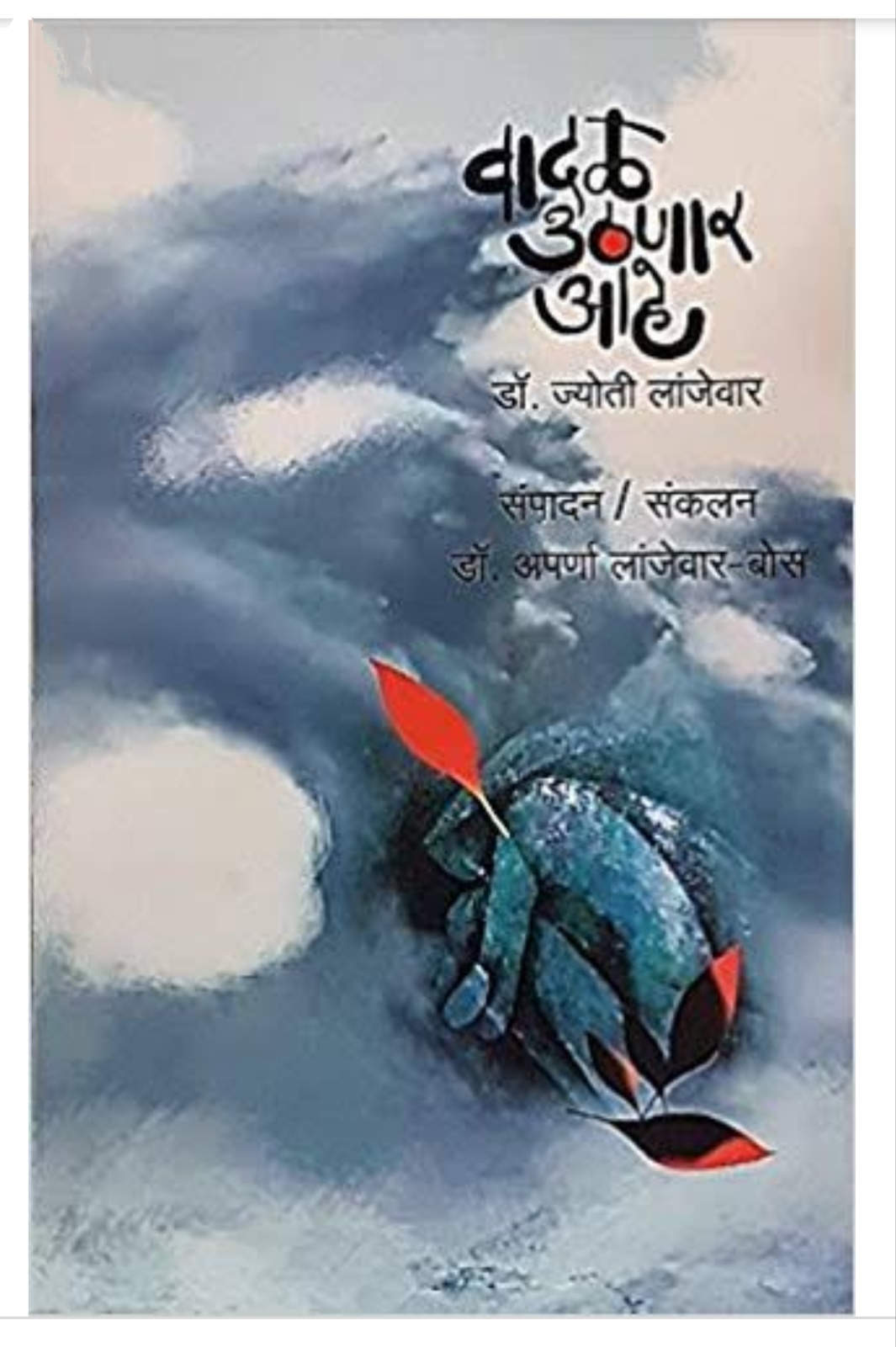Deprecated: http_build_query(): Passing null to parameter #2 ($numeric_prefix) of type string is deprecated in /home2/ambedflx/public_html/wp-content/plugins/social-share-with-floating-bar/social-share-with-floating-bar.php on line 522
Deprecated: http_build_query(): Passing null to parameter #2 ($numeric_prefix) of type string is deprecated in /home2/ambedflx/public_html/wp-content/plugins/social-share-with-floating-bar/social-share-with-floating-bar.php on line 553
Deprecated: http_build_query(): Passing null to parameter #2 ($numeric_prefix) of type string is deprecated in /home2/ambedflx/public_html/wp-content/plugins/social-share-with-floating-bar/social-share-with-floating-bar.php on line 590
Deprecated: http_build_query(): Passing null to parameter #2 ($numeric_prefix) of type string is deprecated in /home2/ambedflx/public_html/wp-content/plugins/social-share-with-floating-bar/social-share-with-floating-bar.php on line 522
Deprecated: http_build_query(): Passing null to parameter #2 ($numeric_prefix) of type string is deprecated in /home2/ambedflx/public_html/wp-content/plugins/social-share-with-floating-bar/social-share-with-floating-bar.php on line 553
Deprecated: http_build_query(): Passing null to parameter #2 ($numeric_prefix) of type string is deprecated in /home2/ambedflx/public_html/wp-content/plugins/social-share-with-floating-bar/social-share-with-floating-bar.php on line 590
Deprecated: mb_convert_encoding(): Handling HTML entities via mbstring is deprecated; use htmlspecialchars, htmlentities, or mb_encode_numericentity/mb_decode_numericentity instead in /home2/ambedflx/public_html/wp-content/plugins/social-share-with-floating-bar/social-share-with-floating-bar.php on line 800
Deprecated: http_build_query(): Passing null to parameter #2 ($numeric_prefix) of type string is deprecated in /home2/ambedflx/public_html/wp-content/plugins/social-share-with-floating-bar/social-share-with-floating-bar.php on line 553
Deprecated: http_build_query(): Passing null to parameter #2 ($numeric_prefix) of type string is deprecated in /home2/ambedflx/public_html/wp-content/plugins/social-share-with-floating-bar/social-share-with-floating-bar.php on line 590
Deprecated: http_build_query(): Passing null to parameter #2 ($numeric_prefix) of type string is deprecated in /home2/ambedflx/public_html/wp-content/plugins/social-share-with-floating-bar/social-share-with-floating-bar.php on line 553
Deprecated: http_build_query(): Passing null to parameter #2 ($numeric_prefix) of type string is deprecated in /home2/ambedflx/public_html/wp-content/plugins/social-share-with-floating-bar/social-share-with-floating-bar.php on line 590
Born in Nagpur, Maharashtra, on 25th November 1950, she grew up in a family that had dedicated itself to social causes.
She was educated at Nagpur where she did her masters, M.Phil and PhD. She has accepted a permanent position as professor and head of Marathi at SB City College, Nagpur and is serving till date.
Dr Jyoti Lanjewar needs no introduction in Marathi literature. She is a noted writer, critic, poet, feminist scholar and social activist. She has authored more than 14 books out of which 4 are poetry collections, and are 7 books on criticism.
Her poems have been translated into almost all Indian languages and also foreign languages including Sinhalese, Russian, German, Swedish and English. Her poetic works are taught at several universities, both in India and abroad. Her poetry has been anthologized in several compilations and anthologies of modern Indian poetry.
A compilation of her poems, translated into English by Dr. Aparna Lanjewar Bose, has come out in the form of the book ‘Red Slogans on the Green Grass’, published by Scion, Pune.
red slogans on the green grass
In the book, she says:
“poetry is a trestle/ spanning the distance between/ what i feel/ and what i say” says the African American woman writer Nikki Giovanni.
Actually poetry is much more. It is simply the reason for its being. An words are but felt excuses that unload pressures of pain and sensations, by elegantly transmuting life into poetry and then leaving her alone to grow the way she wants to and to become what she attempts to be.
This is how she described her work:
“My poetry is about humanity and its seemingly endless struggles for survival, for change, for justice and sometimes humanity happens to be the oppressed marginalized… it’s a wonderful process of all these voices coming out of me.”
Read more about her writer’s profile here:
“She has authored more than 15 books and remains one of the leading voices in modern Indian poetry today.
Her poetry speaks on diverse themes as womanhood, motherhood, friendship, honest commitment, human values and love. Her poetry punctures the status quoist forces and entails dauntless passion, wisdom, and rare intensity that dismantle stereotypes to render candidly the lived and shared women experiences, intersecting gender, class, caste and caste within”
This excerpt from one of her own poems (‘Life Long Kinship’), translated by her daughter Dr. Aparna Lanjewar Bose, seems to capture the essence of her spirit:
Those that have drunk
To the darkness of orthodoxy
Those that invoke religions for self
For all such heads and pundits
I will dig mines, lay trenches
And fill gunpowder
To balk them all
Now none of these hilly terrains
Can scare me again
As I have a lifelong kinship
With the tempestuous windstorm.
(This Artical collected from old version of www.ambedkaree.com Databases)




